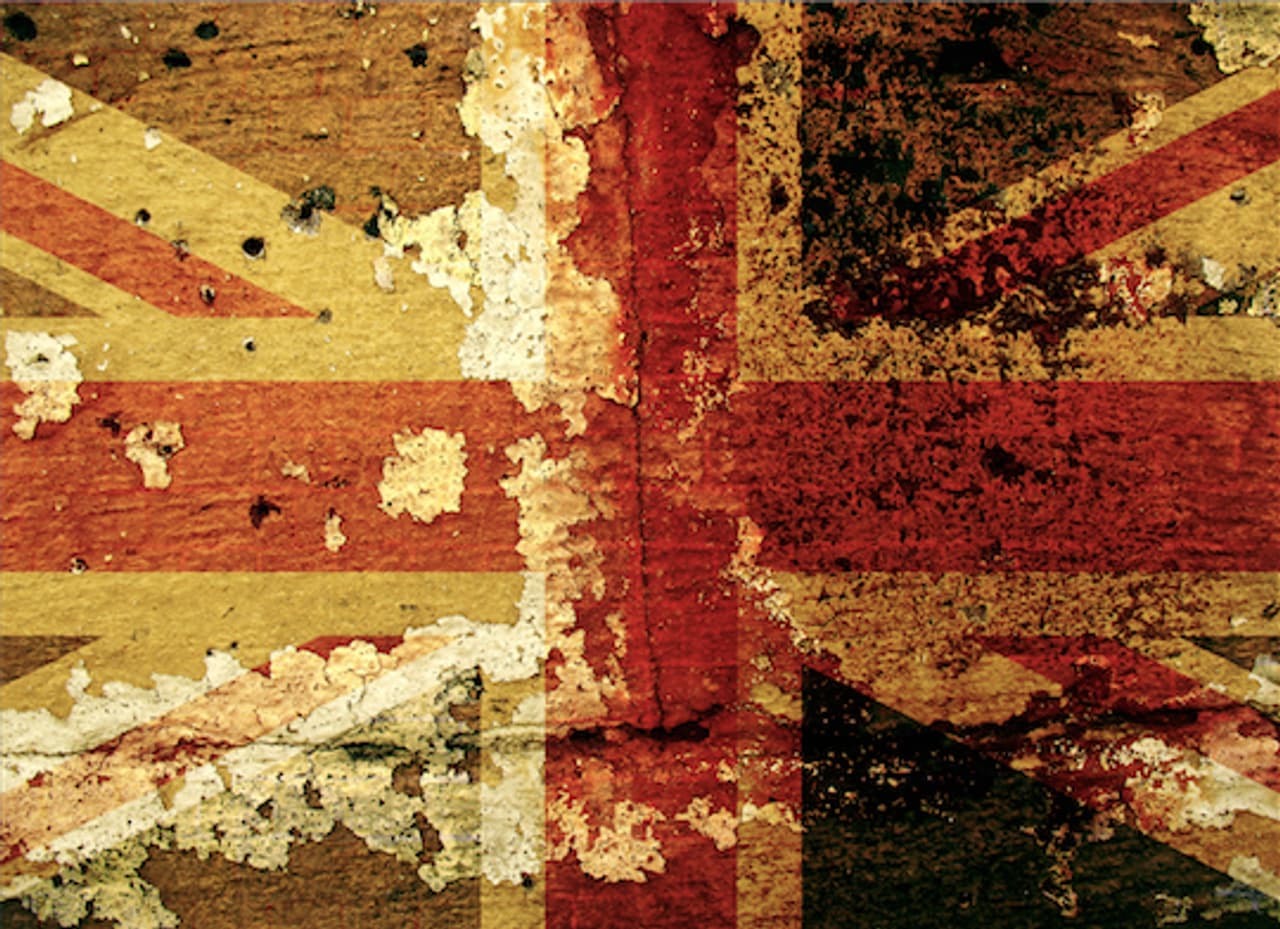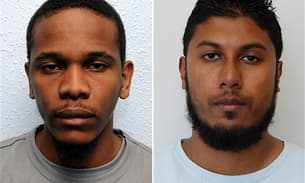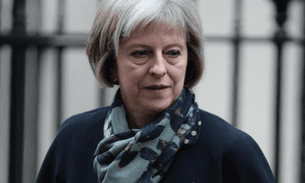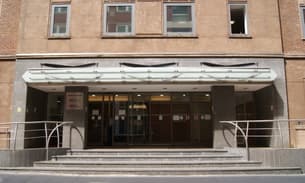
What do we know about citizenship stripping?
The Bureau began investigating the Government’s powers to deprive individuals of their British citizenship two years ago.
The project has involved countless hours spent in court, deep and detailed use of the freedom of information act and the input of respected academics, lawyers and politicians.
The Counter-Terrorism Bill was presented to Parliament two weeks ago. New powers to remove passports from terror suspects and temporarily exclude suspected jihadists from the UK have focused attention on the Government’s citizenship stripping powers, which have been part of the government’s counter-terrorism tools for nearly a decade.
A deprivation order can be made where the home secretary believes that it is ‘not conducive’ to the public good for the individual to remain in the country, or where citizenship is believed to have been obtained fraudulently. The Bureau focuses on cases based on ‘not conducive’ grounds, which are related to national security and suspected terrorist activity.
Until earlier this year, the Government was only able to remove the citizenship of British nationals where doing so wouldn’t leave them stateless. However, in July an amendment to the British Nationality Act (BNA) came into force and powers to deprive a person of their citizenship were expanded. Foreign-born, naturalised individuals can now be stripped of their UK citizenship on national security grounds even if it renders them stateless, a practice described by a former director of public prosecutions as being “beloved of the world’s worst regimes during the 20th century”.
So what do we know about how these powers are used?
The numbers
- 53 people have been stripped of their British citizenship since 2002 – this includes both people who were considered to have gained their citizenship fraudulently, as well as those who have lost it for national security reasons.
- 48 of these were under the Coalition government.
- Since 2006, 27 people have lost their citizenship on national security grounds; 24 of these were under the current Coalition government.
- In 2013, home secretary Theresa May stripped 20 individuals of their British citizenship – more than in all the preceding years of the Coalition put together.
- The Bureau has identified 18 of the 53 cases, 17 of which were deprived of their citizenship on national security grounds.
- 15 of the individuals identified by the Bureau who lost their citizenship on national security grounds were abroad at the time of the deprivation order.
- At least five of those who have lost their nationality were born in the UK.
- The previous Labour government used deprivation orders just five times in four years.
- Hilal Al-Jedda was the first individual whose deprivation of citizenship case made it to the Supreme Court. The home secretary lost her appeal as the Supreme Court justices unanimously ruled her deprivation order against Al-Jedda had made him illegally stateless. Instead of returning his passport, just three weeks later the home secretary issued a second deprivation order against him.
- This was one of two deprivation of citizenship cases to have made it to the Supreme Court, Britain’s uppermost court, to date.
- In November 2014 deprivation of citizenship case number two reached the Supreme Court, with the appellant, Minh Pham, also arguing that the deprivation order against him made him unlawfully stateless.
- Two of those stripped of their British citizenship by Theresa May in 2010, London-born Mohamed Sakr and his childhood friend Bilal al Berjawi, were later killed by US drone strikes in Somalia.
- One of the individuals identified by the Bureau, Mahdi Hashi, was the subject of rendition to the US, where he was held in secret for over a month and now faces terror charges.
- Only one individual, Iraqi-born Hilal al-Jedda, is currently known to have been stripped of his British citizenship twice.
- Number of Bureau Q&As on deprivation of citizenship: one.
Cases identified by the Bureau
Hilal al Jedda
Iraqi-born. Deprived December 2007. Deprivation order was overturned March 2012. Home secretary lost appeal at Supreme Court in October 2013. Deprived again in November 2013.
F2
Nationality unknown. Deprivation date unknown (likely post-June 2012). Siac appeal pending.
Mahdi Hashi
Somalia-born. Deprived June 2012. Secretly rendered by FBI to New York late 2012.
E2
Afghan-born. Deprived March 2012. Siac appeal rejected August 2012.
Minh Pham (formerly known as B2)
Deprived December 2011. Successfully challenged. Government won at Court of Appeal. B2 appealed at the Supreme Court in November 2014, ruling awaited.
Y1
Afghan-born. Deprived July 2011. Appeal dismissed May 2012. Proceedings are ongoing.
S1, T1, U1 and V1
All British-born and from the same family including a father and three sons. Deprived April 2011. Appeal refused December 2012. Proceedings are ongoing.
Mohamed Sakr
British-born. Deprived September 2010. Killed by a drone strike in Somalia February 2012.
Bilal al-Berjawi
Lebanese-born. Deprived September 2010. Killed by a drone strike in Somalia January 2012.
L1
Sudanese-born. Deprived July 2010. Appeal refused December 2010. Proceedings are ongoing.
Anna Chapman
Russian-born. Deprived July 2010. No appeal was lodged.
G1
Sudanese-born. Deprived June 2010. Appeal process paused during ongoing legal challenges.
Altin Arusha
Albanian-born. Deprived November 2009. Overturned March 2012.
Unknown Anglo-Pakistani
Pakistani-born. Deprived April-June 2009. No further details are known.
David Hicks
Australian-born. Deprived July 2006. Appeal plans dropped in plea bargain.
Abu Hamza
Egyptian-born. Deprived April 2003, successfully appealed 2010. Extradited to the US 2012.
Header image of union jack flag via Shutterstock




